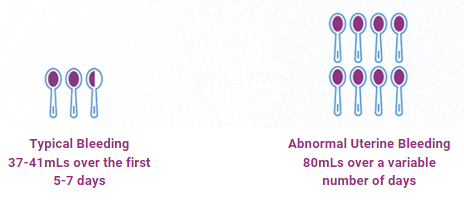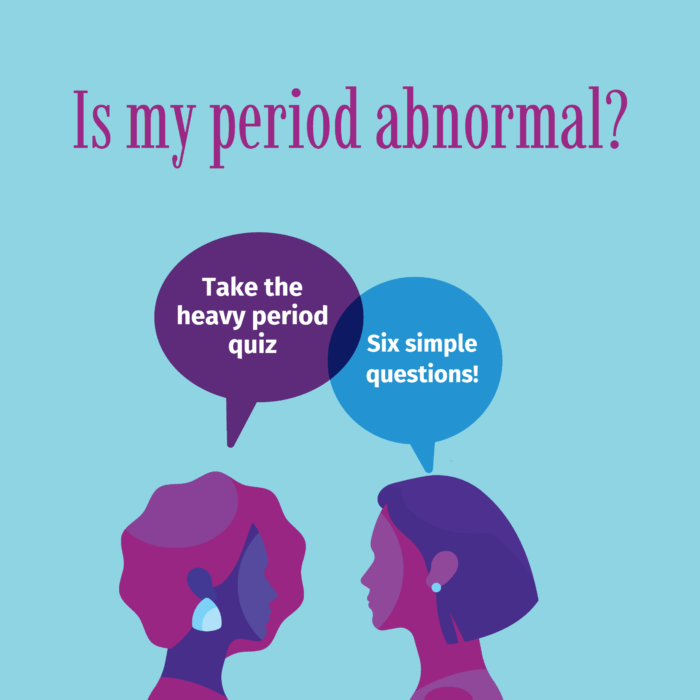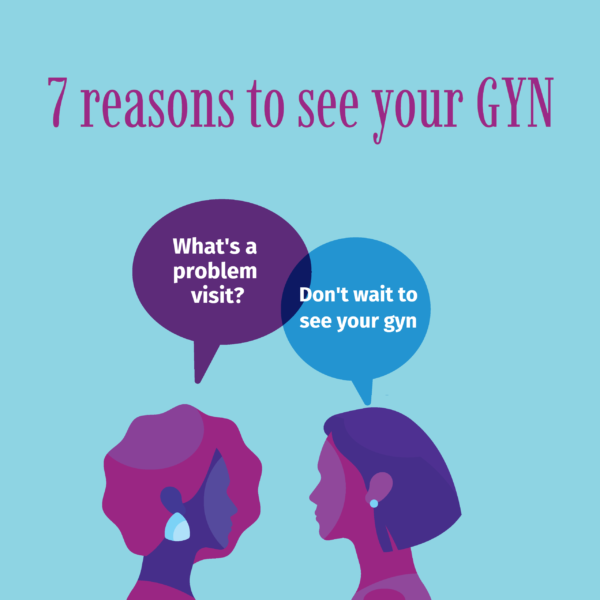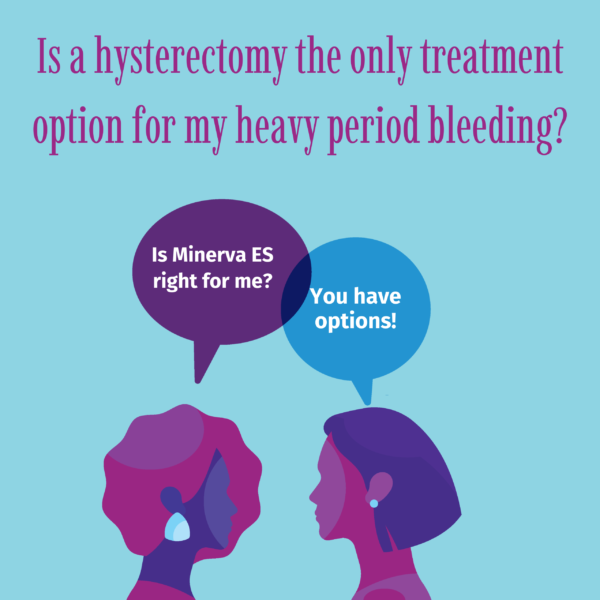Is my period abnormal? Take the quiz.
If you’ve ever questioned whether or not your period is normal, this quiz is for you!
Most of us have heard of the book, What to Expect When You’re Expecting, which very neatly lays out what women can expect during the phases of pregnancy. Unfortunately, the menstrual cycle is far less predictable when considering its entire lifespan. If we could develop a handbook of what to expect with our periods from the first day to the last, it would have been done long ago.
No two women have the same experience. While some may experience unpredictable and infrequent periods, others may experience heavy bleeding and fatigue. Another will experience a lesser or more severe degree of all of these symptoms, yet with additional symptoms.
To further complicate things, some women build a tolerance for symptoms. These issues along with a lack of available information, can cloud the situation and delay the diagnosis of serious conditions.
So, while we cannot inform women on what to expect, we can provide some insight as to whether or not they have an abnormal period. It’s called The Heavy Period Quiz, and it asks six simple questions that will get the conversation started whether you’re a teen, approaching menopause, or somewhere in between.
Let’s Define
Just as menstrual cycles can be messy, so can definitions of conditions and symptoms– let’s first review some common terms and then get you straight to the quiz! When it comes to a normal or abnormal period, it is important to understand the definition of Abnormal Uterine Bleeding(AUB), a condition that results in bleeding outside the normal volume, duration, regularity, or frequency.1 Many confuse AUB with heavy menstrual bleeding (HMB). While AUB can, in some cases, include HMB, it can also involve any combination of the following:
- HMB
- Pressure on bowels & bladder
- Bloating
- Cramps
- Problems Sleeping
- Missing work and/or events
- Infertility
- Anxiety and/or Depression
- Back Pain
- Fatigue
- Social fears around bleeding in public
- Pain during sex
- Anemia
Now that we understand all the symptoms that can be present in AUB, let’s dive a bit deeper into heavy menstrual bleeding. HMB is referred to by physicians as a subset of AUB, and according to the American College of Obstetricians and Gynecologists, HMB is bleeding that2:
- lasts more than seven days
- soaks through one or more tampons or pads per hour for several hours in a row
- requires more than one pad at a time to control menstrual flow
- requires changing pads or tampons during the night
Periods vary from person to person. However, the medical community generally agrees that bleeding over 80 milliliters is considered as heavy bleeding.2 Take a look at this graphic to help you further gain an understanding of what excessive bleeding looks like. Then head to the Period Quiz!

It’s Quiz Time
Not to worry– this is quite possibly the easiest quiz you’ll ever take. It takes just a couple of minutes and recommendations for the next steps.
BONUS… Not only will this quiz help in the process of uncovering whether or not your period might be abnormal, it doubles as a discussion guide for your next well-woman exam! Not sure how to find a GYN or what questions to ask at your next appointment? It’s all right here. So click the “Take the Quiz” button below and be sure to read on for helpful tips!
Quiz Results
Congrats on completing the heavy period quiz! Regardless of your results, it is important that you took time for yourself and got the answers you deserve. If you might have AUB, we have additional resources to assist you with the next steps. The Mayo Clinic states, “AUB is a common condition that leads to increased health care costs and decreased quality of life.”3 Your life does not have to revolve around your period, and you do not have to live the same experience as your mom, sister, or aunt.
Gynecologists know more about AUB now more than ever. Many safe and effective options are available to you to get your time, energy, and life back! For more information and to connect with women who can relate, check out our Podcast, Time to Talk Period.
Click our GYN locator to find a trusted gynecologist near you.
Results and patient experience may vary. Talk to your doctor about the right treatment for you.
- Committee on Practice Bulletins—Gynecology. Practice bulletin no. 128: diagnosis of abnormal uterine bleeding in reproductive-aged women. Obstet Gynecol. 2012 Jul;120(1):197-206. doi: 10.1097/AOG.0b013e318262e320. PMID: 22914421
- Heavy Menstrual Bleeding (Menorrhagia). Available at Cleveland Clinic Health Library at: https://my.clevelandclinic.org/health/diseases/17734-menorrhagia-heavy-menstrual-bleeding. Accessed September 27, 2022.
- Mary L. Marnach, Shannon K. Laughlin-Tommaso. ( February, 2019). Evaluation and Management of Abnormal Uterine Bleeding. Mayo Clinic Preceedings. Concise Review For Clinicians| Volume 94, Issue 2, P326-335 mayoclinicproceedings.org. Accessed September 26, 2022. https://www.mayoclinicproceedings.org/article/S0025-6196(18)30995-9/fulltext#relatedArticles
K0209 Rev. B




